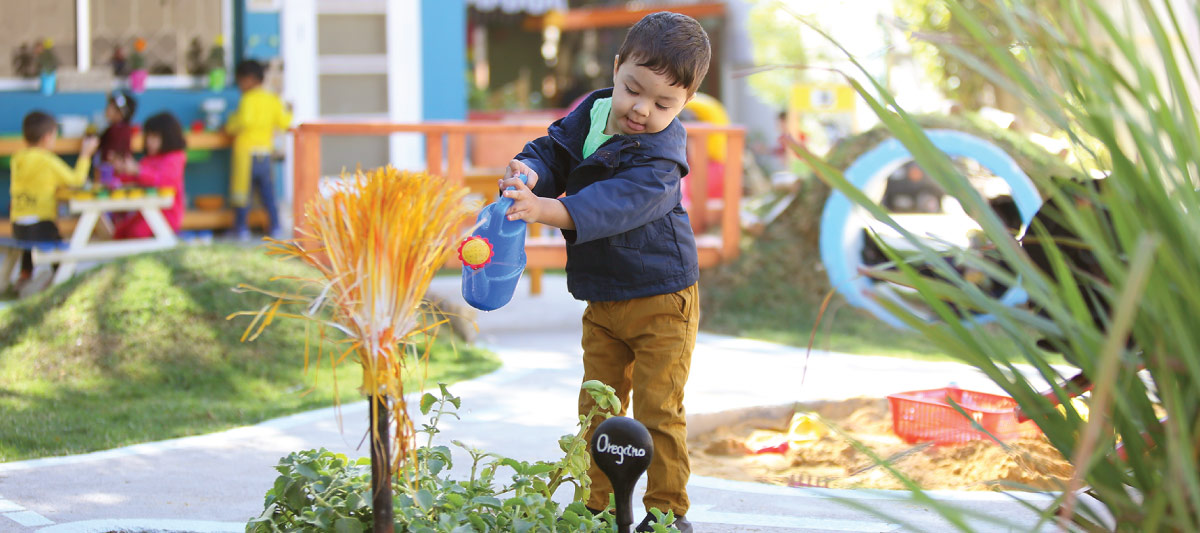Children learn from growing things!

People of all ages can enjoy gardening, but children in particular will have lots of fun and gain special benefits. Children can learn new skills, have fun, play and develop self-confidence by spending time in the garden tending plants and growing their own food. Most children enjoy being outdoors and love digging in the soil, getting dirty, creating things and watching plants grow. Gardening is educational and develops new skills including:
- Responsibility – from caring for plants
- Understanding – as they learn about cause and effect (for example, plants die without water, weeds compete with plants)
- Self-confidence – from achieving their goals and enjoying the food they have grown
- Love of nature – a chance to learn about the outdoor environment in a safe and pleasant place
- Reasoning and discovery – learning about the science of plants, animals, weather, the environment, nutrition and simple construction
- Physical activity – doing something fun and productive
- Cooperation – including shared play activity and teamwork
- Creativity – finding new and exciting ways to grow food
- Nutrition – learning about where fresh food comes from.
Plant selection for children
Children like large, brightly coloured flowers and vegetables that grow quickly. Plants such as sunflowers, corn and pumpkins are good examples. Varieties of plants that have sensory and textural qualities should be considered as well. Examples of great sensory plants include:
- Touch – woolly lamb’s ear, succulents (such as aloe vera), bottlebrush species, snapdragons
- Taste – basil, strawberries, peas, rosemary, carrots, cherry tomatoes
- Smell – jasmine, sweet peas, lavender, pelargoniums, native mint bush, lemon balm
- Bright colour – daffodils, rainbow chard, marigolds, pansies, sunflowers
- Sound – corn, bamboo and grasses rustle against each other when the wind blows.
Different-aged children in the garden
Toddlers, preschoolers, primary-school-aged and older children will all have different expectations and will learn different things in the garden. Younger children will require careful supervision during activities. Suitable tasks for younger children include watering plants, harvesting produce and planting seeds. Older children are physically capable of handling a greater variety of activities, like digging, carrying, planting, mulching and pruning.
Adopted Article From: Parents primer, Kids Gardening, National Gardening Association, USA.
Learning naturally – gardening with children, National Childcare Accreditation Council.